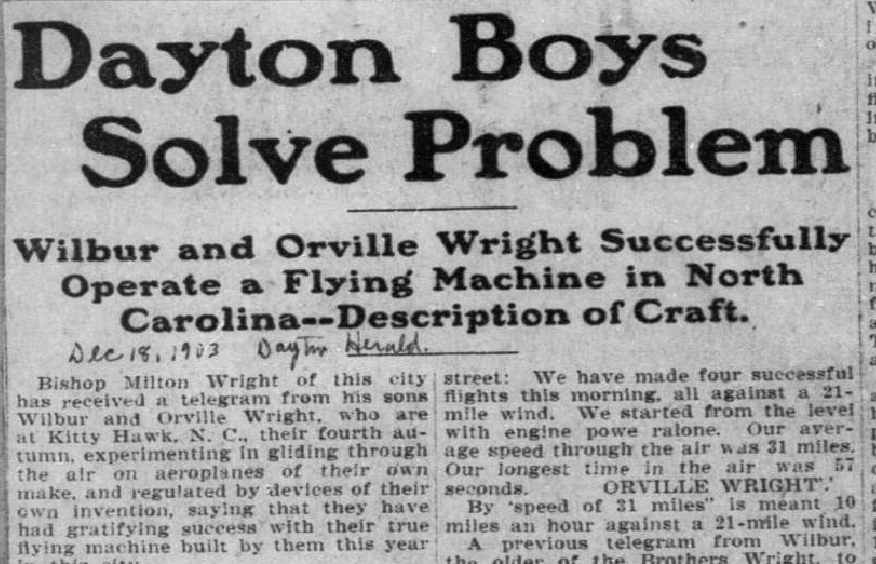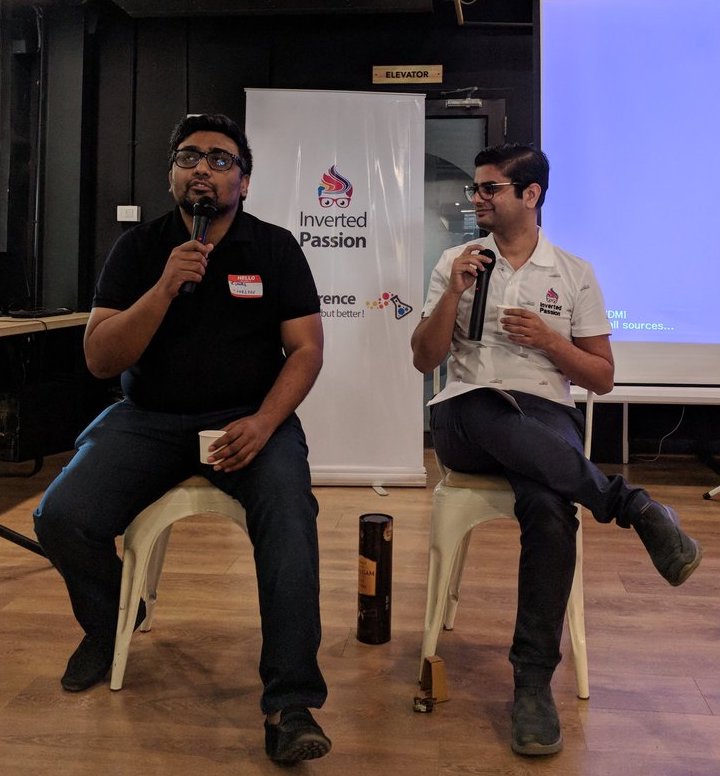Copying ideas is highly underrated
No man’s an island and, as a corollary, no startup is truly unique. Media oversells us the virtue of breakthrough ideas. Journalists are paid to highlighting what’s new and noteworthy. Imagine the number of clicks an article would get if it was titled: ‘Here’s the nth example of a Chinese firm copying what’s working in the west’.
To catch our attention, publications run stories that celebrate innovations.

The invention of the airplane was definitely a breakthrough moment for humanity and the Wright brothers deserve all the fame they got. But economically they didn’t do as well as Boeings and Airbuses of the world. Wright brothers knew it themselves that they’re never going to make money from what they were doing. In a conversation with their biographer, Orville Wright said: ...


